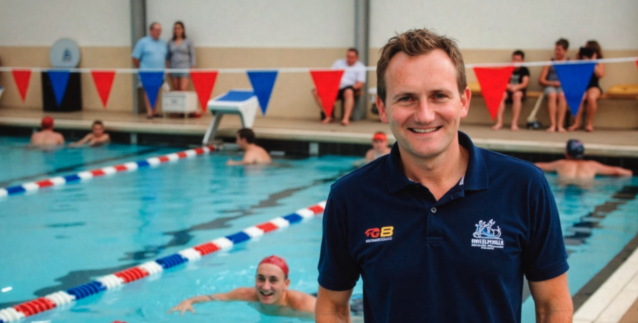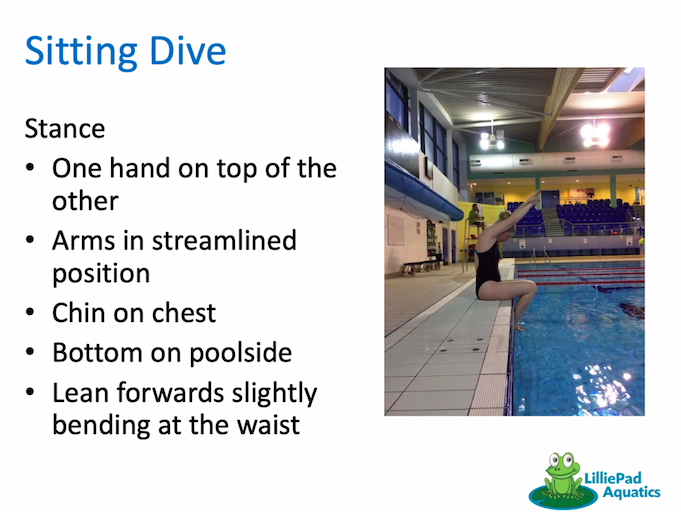
I am 'back in school', British Swimming to be exact. I will be doing three weekend residentials over the year in Loughborough. This is part of the Swim England Coach Level III certification. My habit of reflection about learning began here, with the OU, in 2010.
The importance of reflection in coaching goes well beyond filling in paperwork. It is one of the most valuable habits a coach can develop.
Reflection allows me to learn from experience.
A session might go well or it might not, but unless we take the time to think about what happened and why, the opportunity to grow is lost. Reflection turns experience into coaching knowledge that can be applied again. Without it, we risk repeating the same mistakes or missing the chance to reinforce something that worked. For example, noticing that a swimmer always goes out too fast on repeat 200s is the kind of observation that becomes useful if it is written down and considered later, because it suggests a strategy for pacing cues next time.
Reflection also makes it possible to individualise coaching.
By keeping notes on what each swimmer shows, in strengths, struggles and attitude, we build a picture of them over time. That helps us adapt training, language and feedback to the individual, not just the group. If one swimmer disengages unless spoken to directly, a coach who has noticed this in reflection can plan to pre-engage that athlete before the next hard set.
Another reason is evidence of development.
At Level 3, Swim England wants coaches to analyse, interpret and act, not just deliver sets. Reflection provides proof that you are thinking critically and evolving as a coach. It shows you can justify your choices with reasoning drawn from training theory, psychology or skill acquisition.
Reflection is also how we improve our own coaching practice.
It forces us to ask whether our feedback was effective, whether we adapted well in the moment, and what we would change next time. This self-awareness is one of the biggest markers of a high-level coach. If we know we have a tendency to ease off when swimmers struggle, reflection brings that into view and lets us plan to be firmer.
Finally, reflection supports long-term athlete development.
Over time, it allows us to see patterns in swimmer behaviour, progress and response to sets. It helps track whether interventions in training actually transfer into competition performance.
In short, reflection closes the gap between session delivery and athlete development. It turns coaching into a cycle of plan, do, review and refine.
